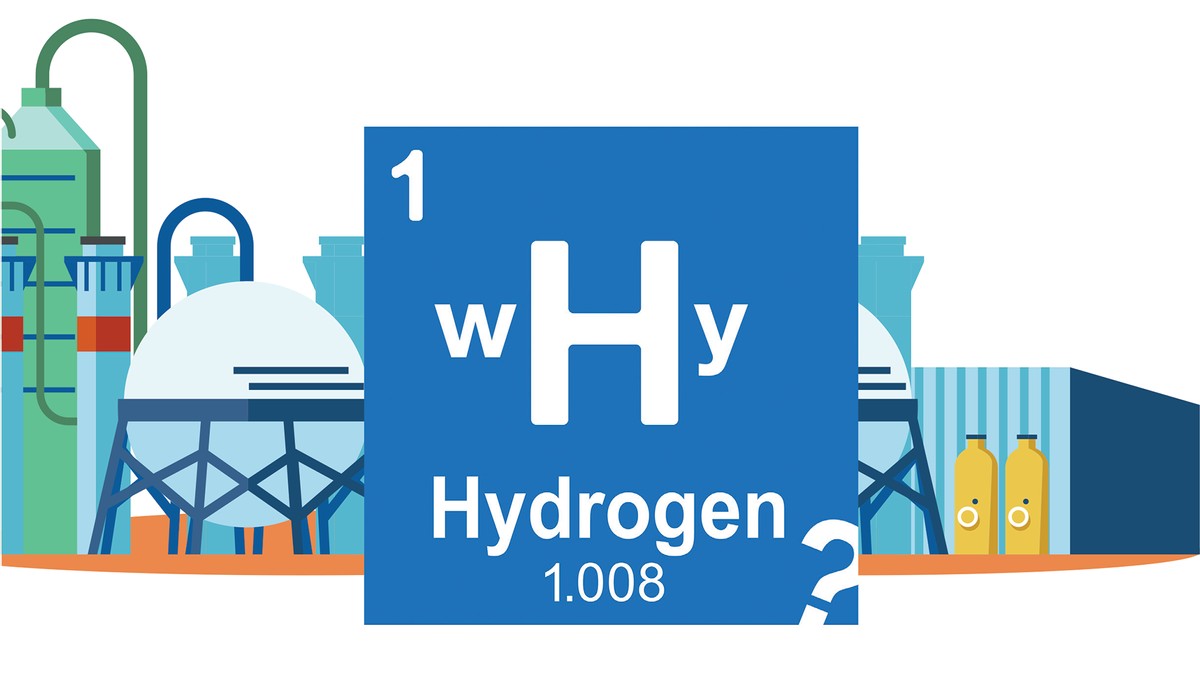
In order to tackle climate change more and more countries (but not enough) are increasing the share or renewable energy in their energy mix. Solar and wind energies are renewable and have got cheaper than fossil energy (this point could worth a specific post) but are variable and really hard to forecast. As a consequence they have to be stored. What about Lithium batteries? Yes, they are efficient, reliable, ... But to store only day of electricity consumption of France, we would need 3 years of the world production of Lithium. It is not realistic, is it? Another solution could be to store this energy by producing Hydrogen. To make it short, electricity + water give hydrogen and oxygen. But currently most (95%) of the hydrogen produced for industrial purpose comes from fossil fuel cracking emitting green house gasses which is not compliant with a low carbon economy. That is why more and more electrolyzers (device producing hydrogen from electricty) have to be installed to produce carbon-free hydrogen. This hydrogen can be compressed and stored and then used in a car, a truck, a train or an industry for energy or chemical purposes. To produce electricity from this hydrogen we need a device named fuel cell. It is a kind of cell but that you have to fuel with something, here with hydrogen. This gas can be produced by many different ways from a primary energy like electricity, biomass, light, heat, ... and can converted to electricity or burned or used for chemical purposes. It is versatile and as such is a key enabling technology for the energy transition. Sorry if this post sound very technical. If you prefer a more poetic take-away keep in mind that hydrogen is sun in bottles.
Heathcliff, thank you. I found this article really interesting and you did very well to present a complex topic in a clear and understandable manner. How the Hydrogen is stored is maybe an issue. Does it not require a lot of energy to cool the gas to liquid? Are there better, natural ways to store Hydrogen?
Hi @Peet, many thanks for your kind feedback. The compression the most common way to store hydrogen so far. Liquefaction can be relevant when the amount of hydrogen to store and transport is big (hydrogen tanker) or where the pressurized vessels are avoided (airplane). About the energy consumption, it takes few percents of the energy content of the hydrogen. Every loss of energy is an issue and researches are ongoing.
Hello @secondQuantized, Many thanks for your corrections.